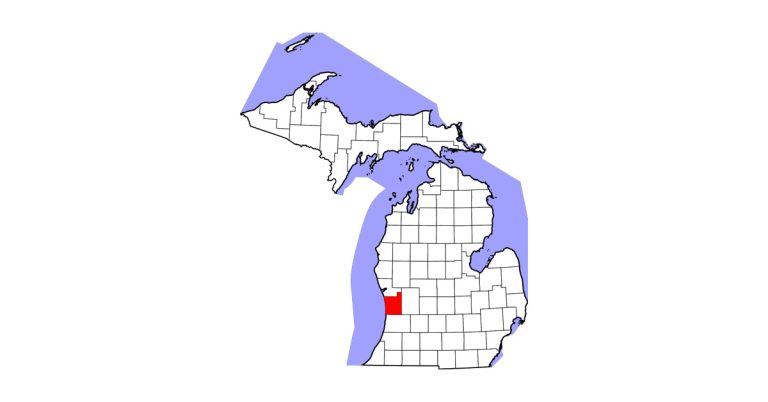Reproductive Field Surgery
Castration and Caslick’s procedures generally come to mind at the mention of reproductive surgeries that can be performed in the field, but Dwayne Rodgerson, DVM, MS, Dipl. ACVS, of Hagyard Equine Medical Institute, says there are plenty of othe













